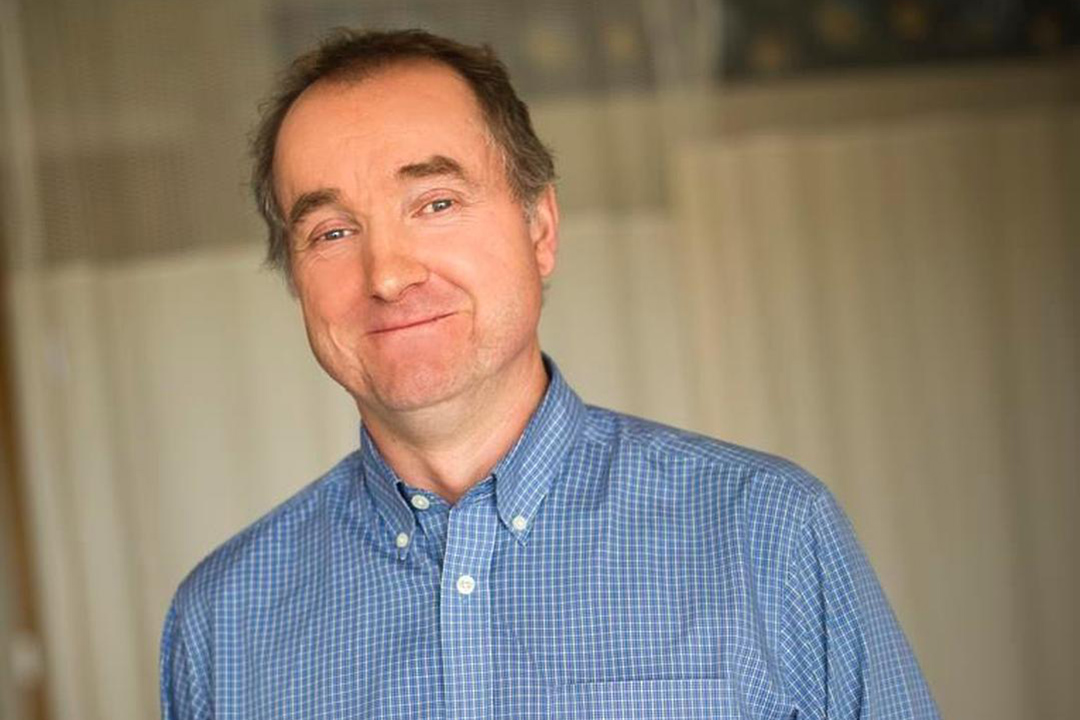
Cannabis dosage studied at USask to reduce seizures in children with severe epilepsy
Medicinal cannabis oil containing both cannabidiol (CBD) and a small amount of THC (the drug that can cause intoxication) can reduce or end seizures in children with severe, drug-resistant epilepsy, a study by the University of Saskatchewan (USask) has found.
By USASK RESEARCH PROFILE AND IMPACTChildren with severe epilepsy also experienced improvements in their quality of life after taking low doses of the medicinal cannabis oil, according to research published in Frontiers in Neurology.
The study tested the effects of medicinal cannabis oil with 95 per cent CBD, a chemical which does not create a high, and five percent THC, a substance which can be intoxicating in large enough doses.
Studying an evidence-based scientifically guided dosage regimen, the research team found no evidence of THC intoxication when using CBD-enriched whole plant extracts.
“What makes these results really exciting is it opens up as a treatment option for kids who have failed to respond to traditional medications,” said Dr. Richard Huntsman (MD), a pediatric neurologist who led the study.
Three of the seven children in the USask study—mainly funded by Saskatchewan’s Jim Pattison Children’s Hospital Foundation—stopped having seizures altogether.
“Some of the improvements in quality of life were really dramatic with some of the children having huge improvements in their ability to communicate with their families. Some of these children started to talk or crawl for the first time. They became more interactive with their families and loved ones,” said Dr. Huntsman.
Several studies have shown that cannabis products containing CBD can be effective in helping to control seizures in children with epileptic encephalopathy, a severe form of epilepsy which begins in childhood. Despite this, many children cannot access these products because there is very little guidance for physicians on which doses to use and health-care providers are concerned about possible intoxication from THC.
Read more on the university's news site.
